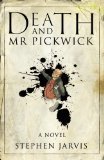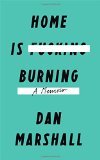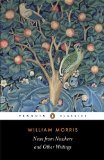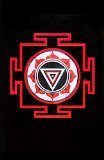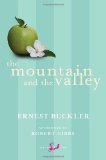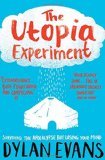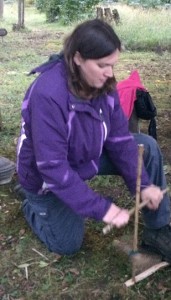Five words from the blurb: London, homage, Dickensian, history, ideas
Death and Mr Pickwick was the most atmospheric book I read last year. It was an immersive read, capturing life exactly as it was during Dickensian times. It purports to tell the story of the real Mr Pickwick, showing how Dickens changed the truth when writing his famous novel. I haven’t read The Pickwick Papers, and have no idea whether Stephen Jarvis has discovered the real story, but I don’t think this matters. It was a fascinating book that entertained me for many hours.
Death and Mr Pickwick was incredibly well researched. The wealth of information present in this book was outstanding and I discovered many new things about this period of time. The descriptions were vivid throughout and I loved the way that everything was described in detail – enabling the reader to form a complete picture of the surroundings:
Whole sides of pig hung from the hooks on the long sheds, and there was the smell of boiling meat. Stray dogs, driven wild with temptation, befriended the market workers, sniffing their aprons which were soiled green-brown with hay and grass, an animal’s last meal before slaughter. There was the sound of sawing and steel being sharpened. On the tripe stalls, black beetles fought for territory with the flies. At the rear of a shed, a ragged collection of men and women queued to collect a pint of tripe broth, theirs for the flourish of a jug.
It’s realism occasionally became frustrating, as there were meandering diversions to the central story-line. Some were as engaging as the central plot, but a few fell flat and seemed unnecessary. The style isn’t for everyone and those looking for a plot driven novel should stay away. But, if you like a truly immersive novel, one that takes you down numerous side alleys without caring whether or not the loose ends are tied up, then this is for you.
This book wasn’t a quick read. The period detail and the numerous diversions from the central plot made it feel much longer than the 800 page brick it already was. It was so rich in detail that I couldn’t read much at once. This meant it took me several months to complete, and I felt a real sense of achievement when I actually did.
I loved the originality of the premise and the way it seemed to defy all common conventions on novel writing. It felt different from anything else I’ve read recently and so I recommend it to anyone (with patience) who is interested in Victorian England.

.
